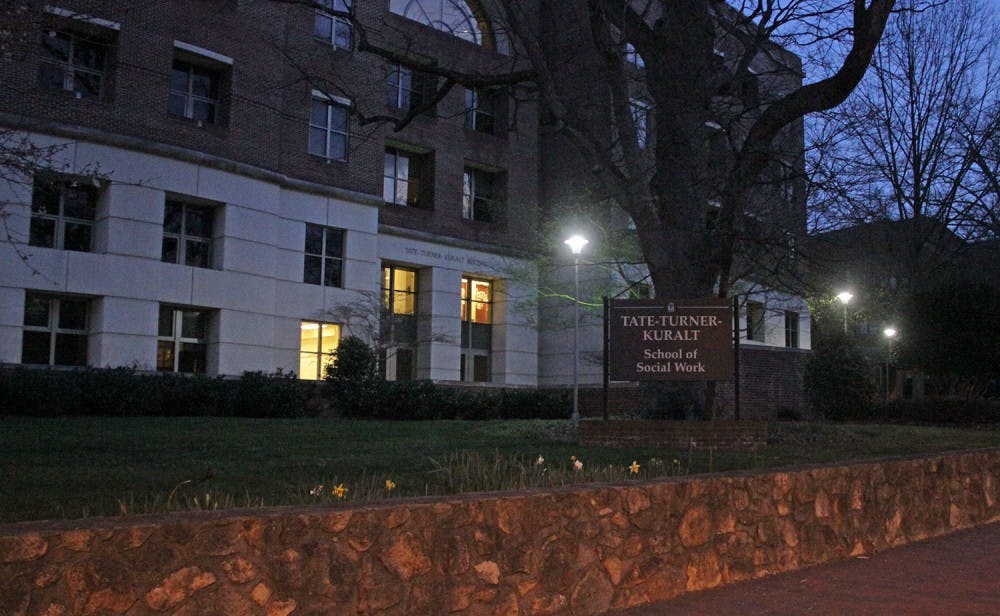He said housing plays a huge role in a person's recovery from any mental illness.
The village will be located on the grounds of the Farm at Penny Lane, an alternative therapeutic farm in Chatham County. Residents will have access to healthy food, daily activities and transportation, in addition to behavioral health and physical therapy services. The community will also include amenities such as a clubhouse, walking trails and an outdoor pavilion.
Mahadevan said he has been working closely with Wilson for the last few years to make his project idea become a reality.
“There was really no proper solution, a permanent solution to find proper affordable housing for people with chronic mental health conditions,” Mahadevan said. “So, that’s what really got us to start to look at some other models — what are some other ways of looking at housing?”
That’s when Mahadevan and his team stumbled into the tiny house movement, he said. But they saw there were going to be lots of challenges; for example, tiny homes are typically very small, on wheels and are not permanent.
The team wanted an affordable solution for permanent, supportive housing, Mahadevan said, but also wanted the homes to be located in a safe place with a sense of community.
Mahadevan said the earliest for the residents to move in is the end of 2021, but a more reasonable date would be in the spring of 2022 to ensure everything is built and ready.
Sabrina Golling, a master’s student at the School of Social Work, said housing insecurity is something the mental health community has been concerned about for a long time.
“My initial thoughts are that it’s exciting to see people are thinking about addressing the root of the issue, but of course, I’m a little disappointed that it’s at such a small scope,” Golling said. “I know from my personal experience, just walking down Franklin Street that there are more than 10 people who probably need those types of services in the area.”
But, she said she would love to see the tiny homes project be something that has visible results for the people who are a part of it. She said if this project is a success, it could be easier to secure funding for more installments.
Mahadevan said 15 homes is in some ways only a drop in the bucket, and it is going to be difficult to determine who will receive a home.
But, he said, he hopes this process is something other communities can learn from.
To get the day's news and headlines in your inbox each morning, sign up for our email newsletters.
“That’s what we are really hoping that this will do, this will really inspire people to think outside the box in terms of doing affordable, safe housing for people with serious mental illnesses," Mahadevan said.
Mahadevan said the team is still fundraising for the project and will start construction soon.
In addition to Wilson and Mahadevan, the project has several people within the design team, including an architect, civil engineer and project manager.
“Being a part of this project has been one of greatest joys of my life,” Wilson said. “We need our students and our recent graduates, you know, growing up and coming into the workforce. We need people to be dreaming these big ideas, and then believing in themselves.”
university@dailytarheel.com



